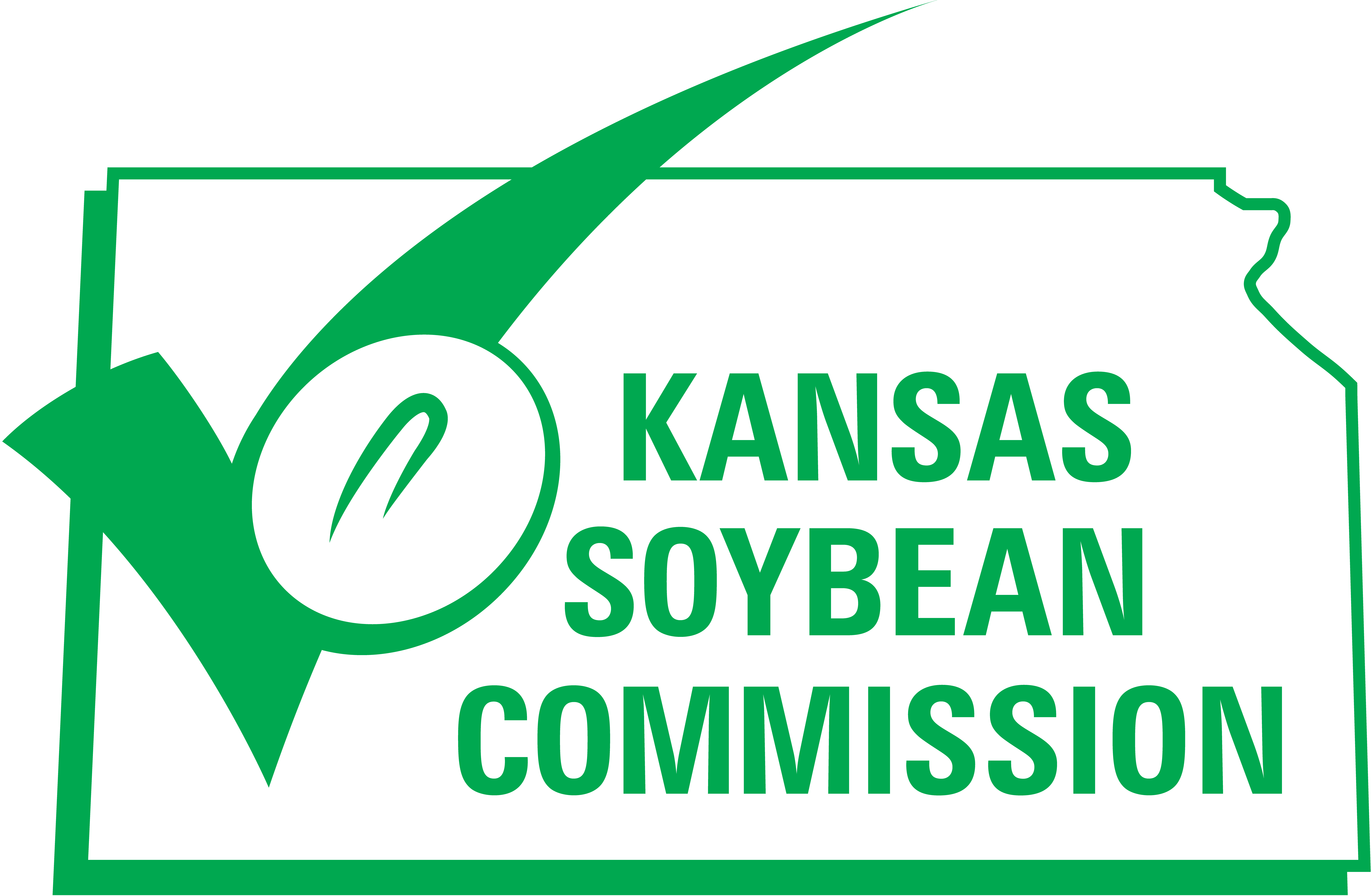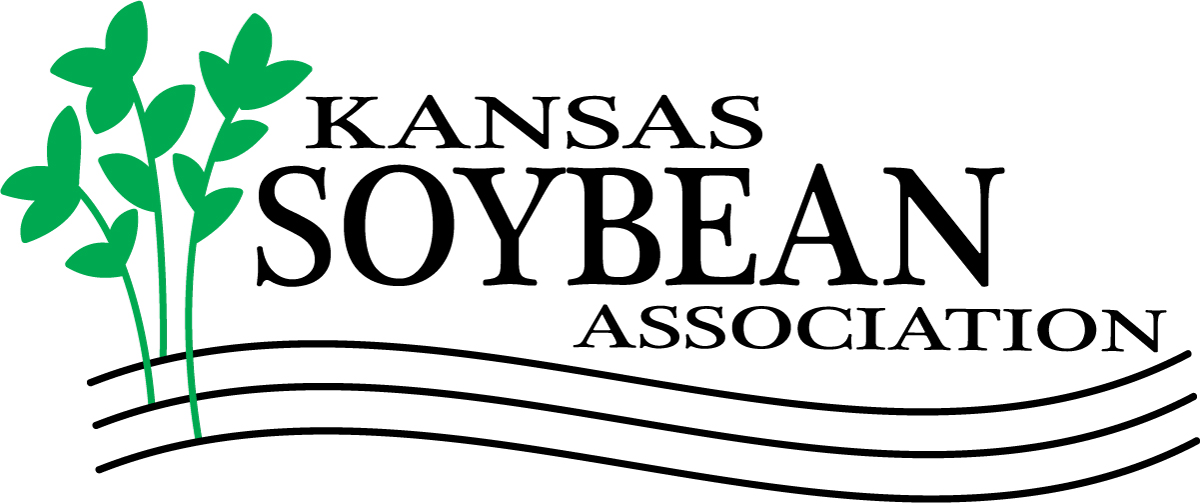April Is National Soyfoods Month
April 12, 2019 – During April, National Soyfoods Month, the Kansas Soybean Commission is introducing the 2019–2020 Soyfoods Guide.
“Whether the diet focus is high-quality protein, low-fat, low-carbohydrate foods or maintaining a well-balanced diet, soyfoods offer a variety of healthful options,” said Charlene Patton, a Topeka-based home economist who serves as consumer-media specialist for the Kansas Soybean Commission (KSC).
Soy is low in fat, cholesterol-free and provides high-quality plant protein. The new Soyfoods Guide contains the latest health benefits, research, features on heart-smart soyfoods, eight reasons soy is good for your health, recipes, snack ideas and a glossary of soyfoods.
“From the Tractor Seat to the Kitchen Table” is a farm-family perspective provided by LaVell and Andy Winsor, Topeka-area soybean farmers, for the Soyfoods Guide. LaVell reminds consumers that 95% of farms are family-owned and work to provide a legacy of family members working together. Soyfoods are part of the kitchen table for busy farm families. Snack, entrée, salad and soup recipes are provided in the 32-page booklet to help families on the go.
Patton provides a reminder that including soyfoods does not require new recipes. Soyfoods easily can be included as ingredients in many recipes. Soy flour, soynut butter, edamame, black or yellow soybeans, soy nuts, and tofu are just a few options that can be included in favorite recipes.
Soyfoods were granted a health claim for lowering the risk of coronary heart disease (CHD) based on the ability of soy protein to lower cholesterol, according to the Soy Nutrition Institute. Soyfoods are readily available in most stores and may be found among the “natural” foods or throughout the main grocery aisles, such as bakery, produce, meat, dairy, cereal, beverages, pharmacy, snacks and frozen-food sections. Ask the store manager if you are unable to locate a specific soy product.
Consumers may not realize, when purchasing vegetable oil, the only ingredient it contains is soybeans. Soybean oil, known as vegetable oil, provides polyunsaturated fat and both essential fatty acids, omega-6 and omega-3.
“We encourage consumers to explore the many soyfoods available and incorporate healthy soyfoods into their families’ balanced diets alongside soy-fed beef, pork, poultry and dairy products,” Patton said. “Animal agriculture is the largest ‘processor’ of soybeans. In fact, poultry and livestock consume the vast majority of the soybean meal produced in this country, so the soybean checkoff encourages consumer choices toward a balanced diet.”
Celebrate National Soyfoods Month with a recipe from the Soyfoods Guide, “Edamame Corn Salad on Lettuce” (http://KsSoy.org/edamame-corn-salad-on-lettuce). For a copy of the Soyfoods Guide and additional information and soyfoods recipes from appetizers to desserts, visit http://KansasSoybeans.org/soyfoods on the web or call 877-KS-SOYBEAN (877-577-6923).
The Kansas Soybean Commission, established in 1977 and headquartered in Topeka, includes nine volunteer farmer-commissioners who are elected by their peers. They oversee investments of the legislated “soybean checkoff” assessment in research, consumer information, market development, industry relations and farmer outreach to improve the profit opportunities for all Kansas soybean farmers.
For more information, contact Communications Director Brad Parker.
Facebook: www.facebook.com/KansasSoybean
Twitter: www.twitter.com/KsSoybean
Instagram: www.instagram.com/KsSoybean
Pinterest: www.pinterest/KansasSoybean
YouTube: www.youtube.com/KansasSoybean
Flickr: www.flickr.com/kansas-soybean
SoundCloud: www.soundcloud.com/KansasSoybean
Mobile app: www.KsSoy.org/app

